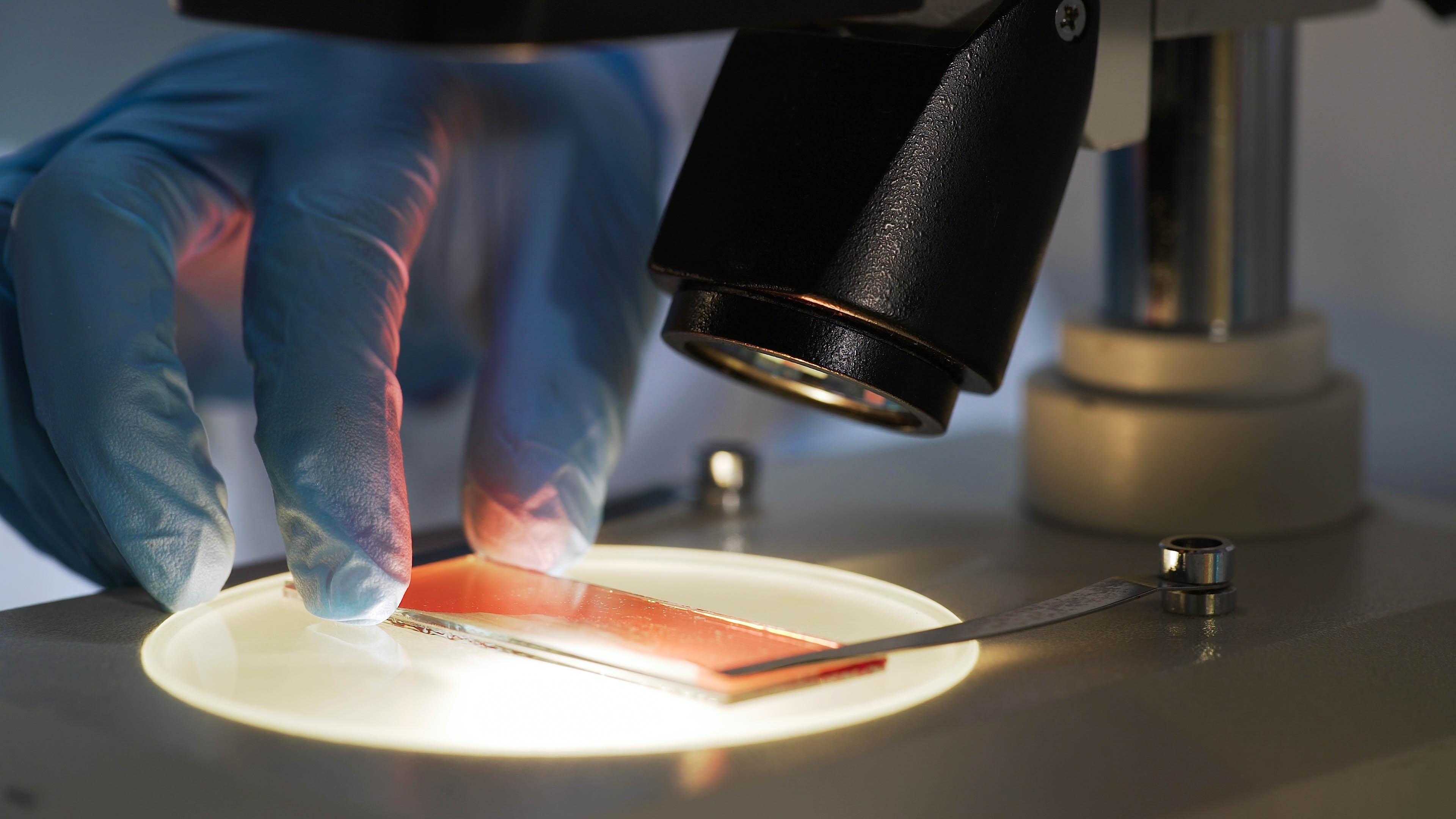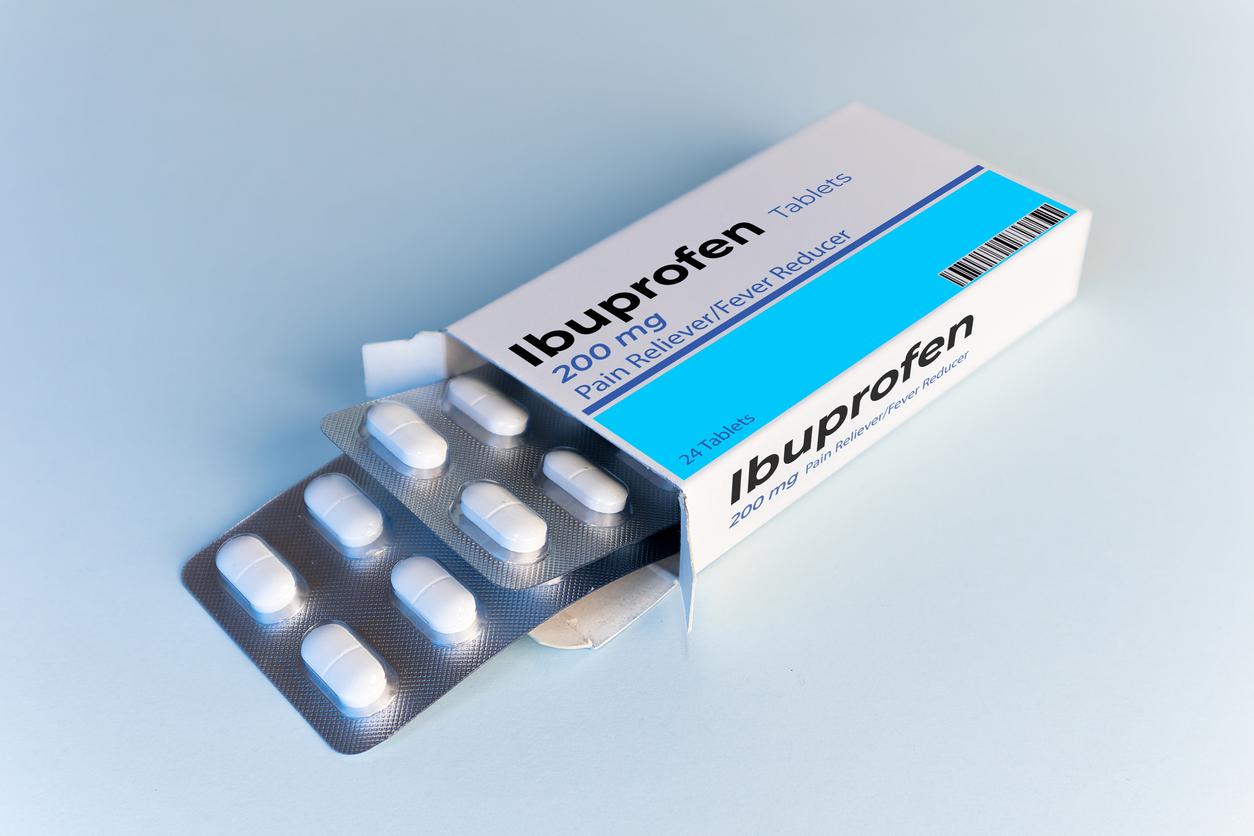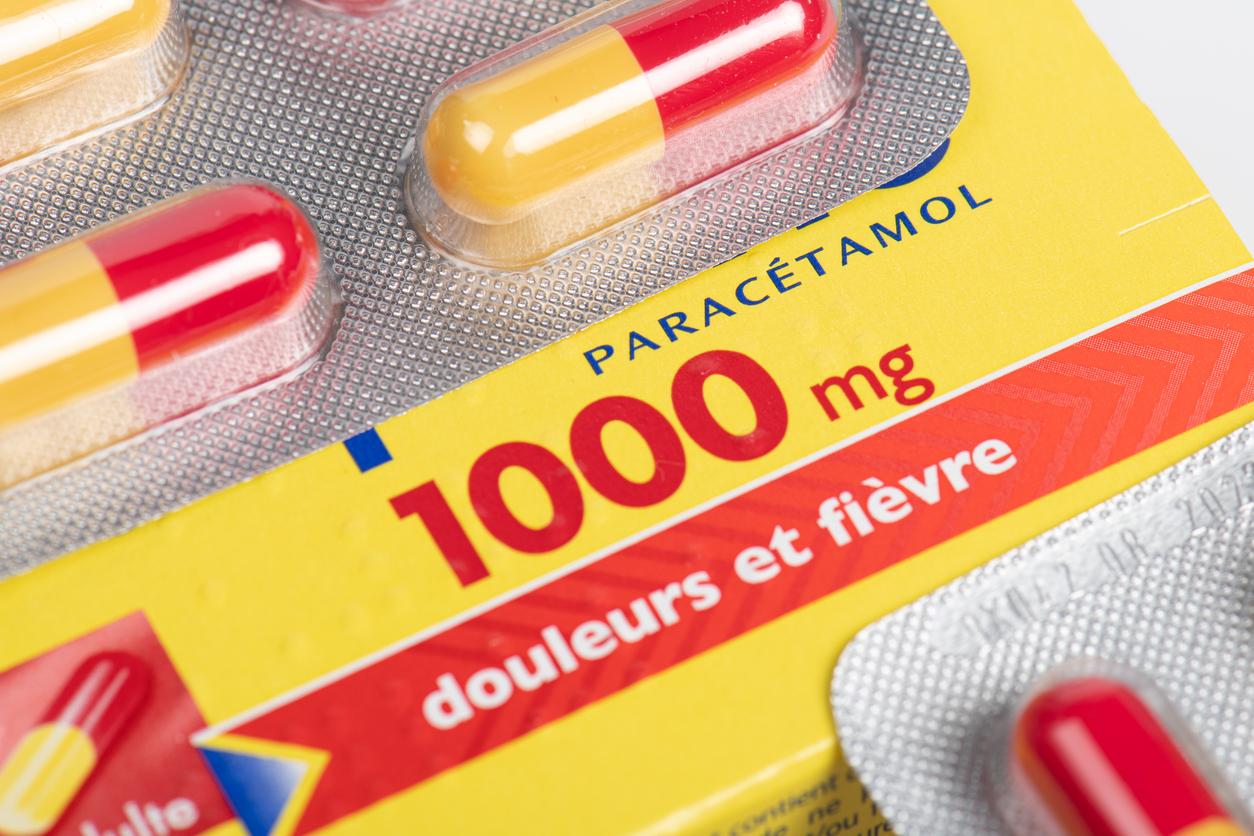A new drug, validated by a first clinical trial in humans, seems promising for treating patients whose blood cancer recurs.

- The blood cancers studied in this trial affect a specific type of white blood cell, called a B lymphocyte, which is a cell responsible for producing antibodies and fighting infections.
- In the United States, blood cancer kills one person every nine minutes, and every three minutes, a person is diagnosed with the disease.
- Leukemia, lymphoma, myeloma are the most common hematological cancers or “blood cancers”. Each year, in France, they affect more than 33,000 people, particularly children and young adults, and the elderly.
When a virus or bacteria enters the bloodstream, B cells start producing antibodies to kill it. Sometimes this process becomes blocked: instead of fighting the pathogen, the B lymphocytes begin to divide uncontrollably, which leads to blood cancer. Existing drugs to date against this type of cancer work by binding to a key enzyme, called BTK, which is involved in the signaling process. The drugs block the action of the enzyme and as a result, the abnormal B cells die.
Except that in many patients, this is only temporary: over time, the BTK enzyme mutates and the drugs no longer work. And the cancer eventually returns. But a new drug, tested for the first time on humans in a clinical trial, could well offer an additional option to people whose cancer has recurred after standard treatments, according to a study published in the journal Cancer Discovery.
A clinical trial on 47 patients with relapsed blood cancers
“Nemtabrutinib” was designed to bind to BTK even in the presence of common mutations that cause other BTK inhibitors to stop working. In addition to BTK, it also binds to a number of proteins important in this type of cancers. The researchers tested this new drug, one pill per day in varying doses, on 47 patients who had received at least two previous treatments. More than half of these patients had relapsed chronic lymphocytic leukemia (CLL), while the remainder had non-Hodgkin lymphoma (NHL).
No serious side effects after the new medication
As a result, more than 75% of patients with relapsed CLL responded favorably to the drug, at an optimal dose of 65 mg. “Most patients were free of signs of cancer for at least 16 months throughout the trial period,” write the researchers of theOhio State University Comprehensive Cancer Center, in the USA. Although all patients experienced some side effects, which are common with chemotherapy drugs, almost all were “minor and manageable, which proves that the drug is also very safe.”
“Nemtabrutinib appears very promising for patients whose cancer progresses despite treatment, rejoices hematologist Jennifer Woyach, lead author of the study, in a communicated. [Il] must now undergo larger and more meaningful trials, where it will be compared to other standard drugs, and in combination with other active drugs.”

















